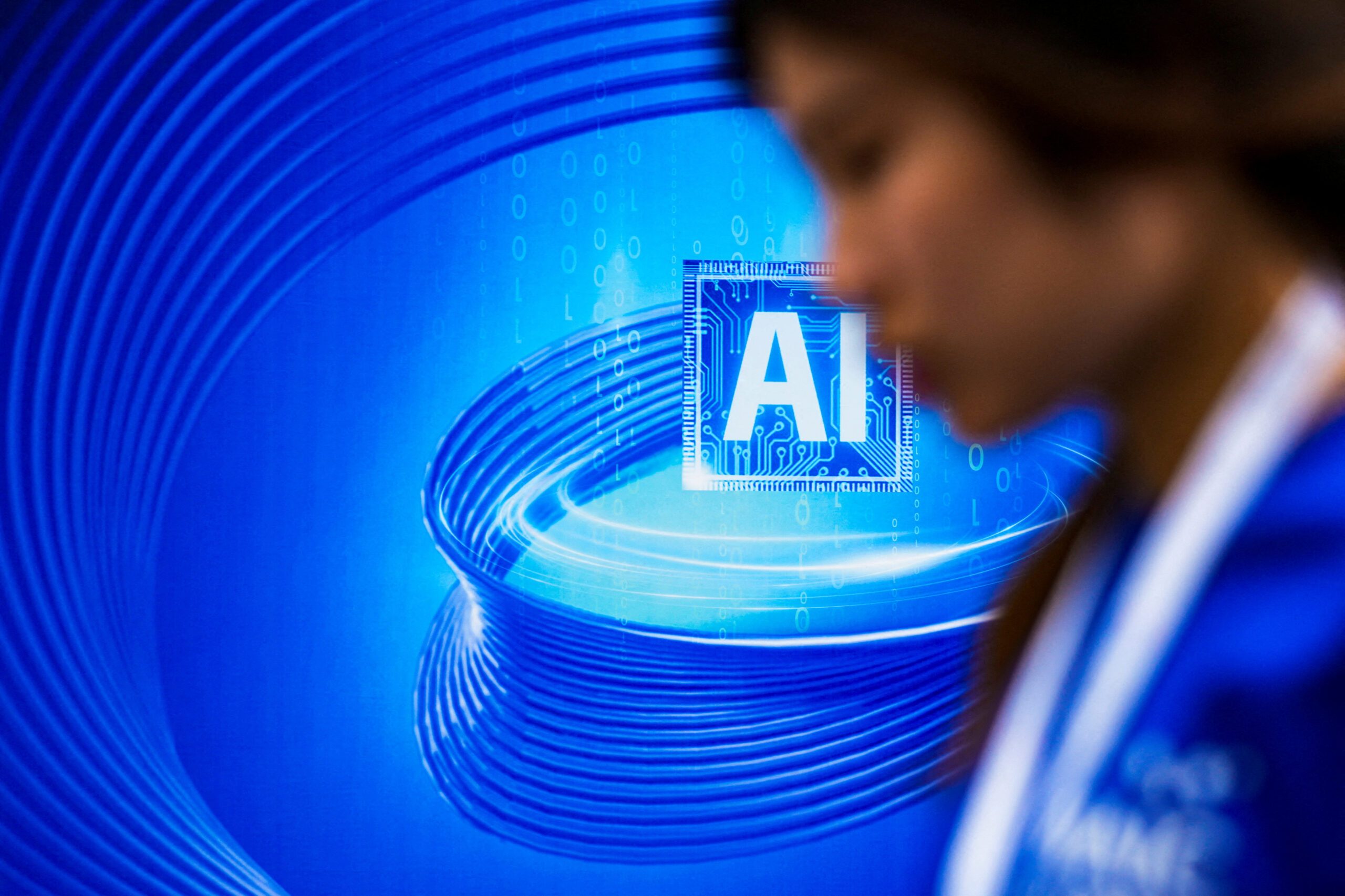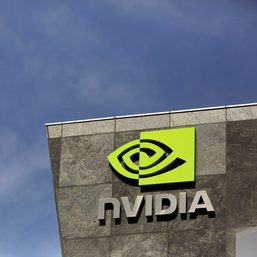SUMMARY
This is AI generated summarization, which may have errors. For context, always refer to the full article.

Sony Music, Universal Music Group, and Warner Records have filed legal action against Suno and Udio, owners of AI music models, for mass copyright infringement, as reported by Reuters, Monday, June 24. The major record labels stated that Suno and Udio allegedly used their music, without permission, to train their AI music models.
If the companies’ requests were to be granted, the two AI companies would be barred from using their songs in the future and imposed a fine of $150,000 per song. The accusations stated that Suno copied 662 songs and Udio copied 1,670.
Udio, by former GoogleMind Engineers, can demonstrate emotions in its vocals, according to Tom’s Guide.
Suno reportedly excels in realistic voices as well, approaching music similarly to large language models like ChatGPT. According to Rolling Stone, Suno analyzes the human language in songs and breaks it into tokens, which then are ultimately reconstructed when the AI model generates music.
The legal suit, spearheaded by the Recording Industry Association of America (RIAA), explained that their AI services could reproduce vocals from artists such as ABBA, Bruce Springsteen, and Michael Jackson – “indistinguishable” from their real-life counterparts.
Reuters further reported that the music companies fear that these AI models will harm human artists’ works with the aim of “drowning them out.”
In a written statement, Suno chief executive Mikey Shulman said, “Our technology is transformative; it is designed to generate completely new outputs, not to memorize and regurgitate pre-existing content.”
Meanwhile, the CEO of the RIAA said in a statement, “Unlicensed services like Suno and Udio that claim it’s ‘fair’ to copy an artist’s life’s work and exploit it for their own profit without consent or pay set back the promise of genuinely innovative AI for us all.”
This is not the first development in the saga of music labels against AI. As recounted by Ars Technica, attempts have been made by record labels and artists to combat the increasing use of AI in the music industry.
The most notable example of this AI controversy was the open letter signed by artists like Metro Boomin, Billie Eilish, and Kate Hudson, declaring that “some platforms and developers are employing AI to sabotage creativity and undermine artists, songwriters, musicians and shareholders.”
Tensions between AI and humans have also emerged in recent years in fields like writing. Eight months ago, The Guardian detailed the story of the Writers Guild of America’s triumph against the Alliance of Motion Picture and Television Producers, allowing them to place the proper regulations to prevent AI misuse. – Rav Ayag/Rappler.com
Rav Ayag is a Tech and Features intern at Rappler. He is an incoming senior at the Ateneo de Manila University in the Bachelor of Fine Arts Creative Writing program.
This story was vetted by a reporter and an editor.
Add a comment
How does this make you feel?

![[Good Business] Humanistic national development in the era of AI](https://www.rappler.com/tachyon/2024/06/tl-humanistic-development-of-AI.jpg?resize=257%2C257&crop=284px%2C0px%2C720px%2C720px)










There are no comments yet. Add your comment to start the conversation.